If you’re looking for the beating heart of New York City, look no further than Grand Central Terminal. More than just a train station, it is an architectural marvel, a living museum of history, and one of the most popular attractions in the world. Even if you’ve seen this iconic terminal in movies or postcards, nothing compares to experiencing its grandeur in person.
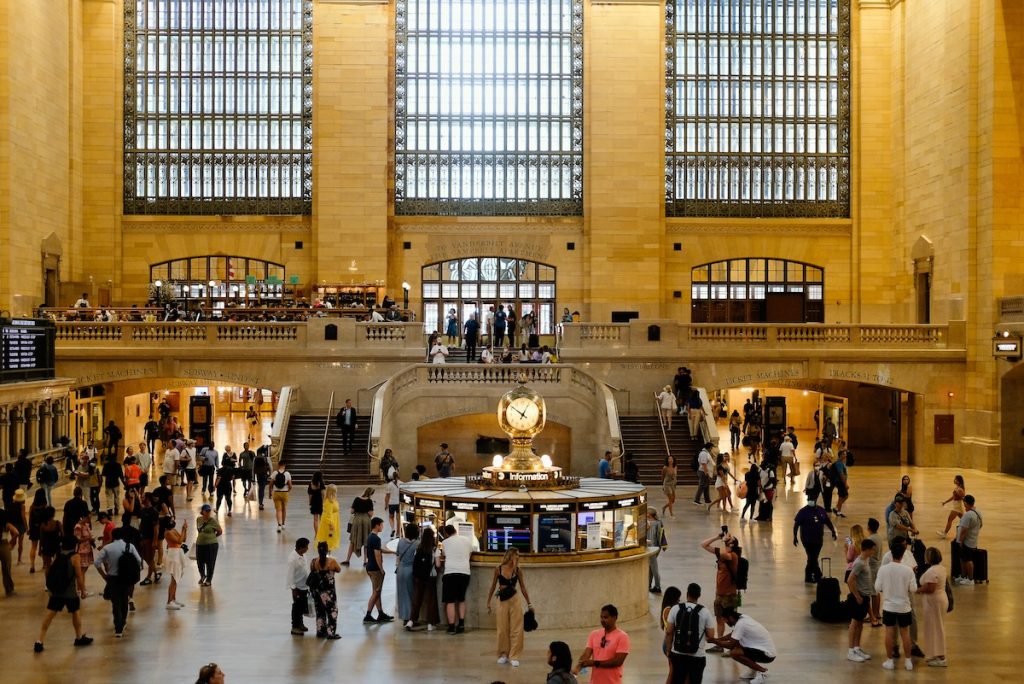
The Rich History of Grand Central Terminal
The story of Grand Central Terminal begins in 1871, when the first depot was built at this very site. After a tragic train collision, the city required all train lines to be electrified—ending the era of dirty, noisy coal-powered engines. It opened its doors in 1913, commissioned by railroad tycoon Cornelius Vanderbilt. The new terminal not only revolutionized train travel but also transformed Park Avenue into one of Manhattan’s most desirable locations.
While Grand Central Terminal is now a beloved New York treasure, it wasn’t always so revered. By the mid-20th century, years of neglect left the terminal in disrepair, and it was even slated for demolition in the 1960s. Thankfully, passionate New Yorkers—including Jacqueline Kennedy Onassis—fought to save it, leading to its designation as a protected landmark. Extensive restorations in the 1980s and 90s have since returned to its former glory.
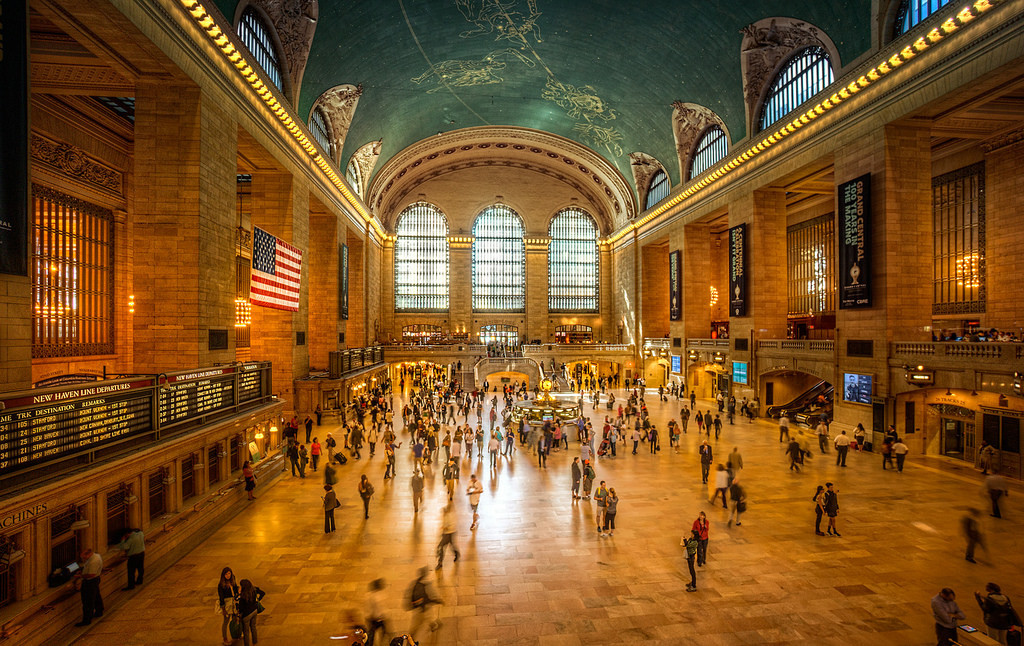
What to See
Situated in Midtown Manhattan, Grand Central Terminal spans three city blocks (from East 42nd to East 45th Streets and Vanderbilt to Madison Avenues). It’s a bustling hub, serving the Metro-North Railroad, five subway lines, and more than half a million commuters every day.
Start your visit outside on 42nd Street and Park Avenue, where you’re greeted by Grand Central Terminal’s stunning Beaux-Arts façade. Above the massive arched windows stands Jules Coutan’s 50-foot “Transportation” sculpture, featuring Mercury (the god of speed) flanked by Minerva and Hercules. Just below is the world’s largest piece of Tiffany glass—a 13-foot wide clock that’s as dazzling as the city itself.
Step inside through the main doors and you’ll find yourself in Vanderbilt Hall, once the main waiting room and now a gorgeous event space. Don’t miss the elegant nickel and gold-plated chandeliers, which boldly display their bare light bulbs—a nod to the arrival of electricity in 1913!
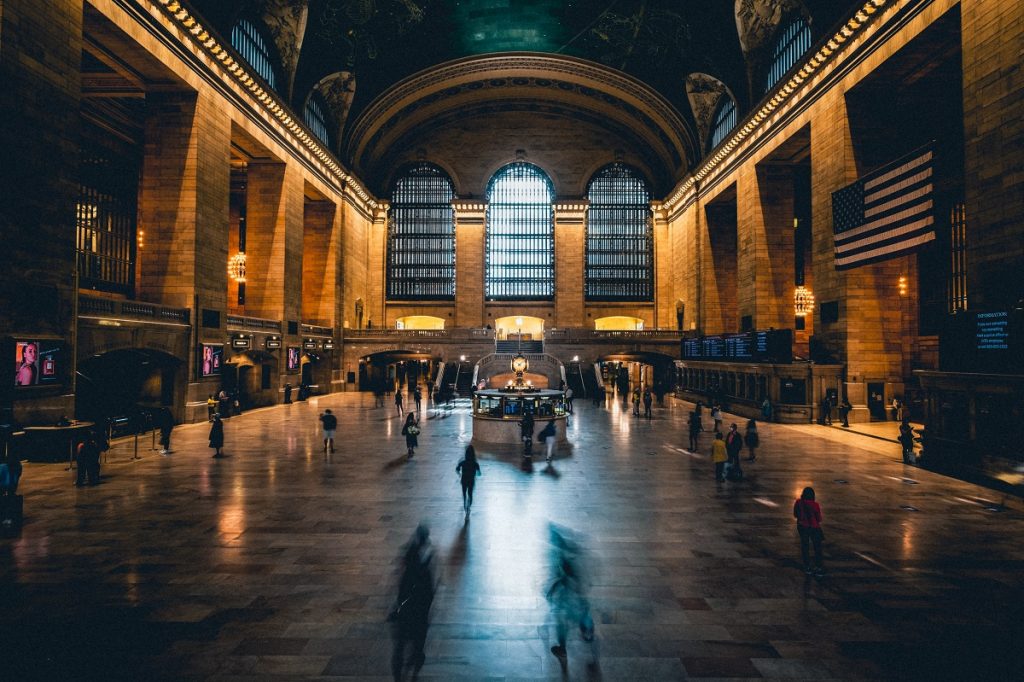
Grand Central Terminal’s magnificent main concourse
Here you’ll spot the famous circular Information Booth topped by the terminal’s iconic four-faced clock. Crafted from opal and valued at up to $20 million, this clock is a classic New York meeting spot and a can’t-miss photo op.
Look up and marvel at the celestial ceiling—a spectacular mural of the zodiac, featuring 2,500 twinkling stars. Painted in gold leaf by artist Paul Helleu, the constellations shine with fiber optic lights. Fun fact: the mural is actually reversed from the real night sky!
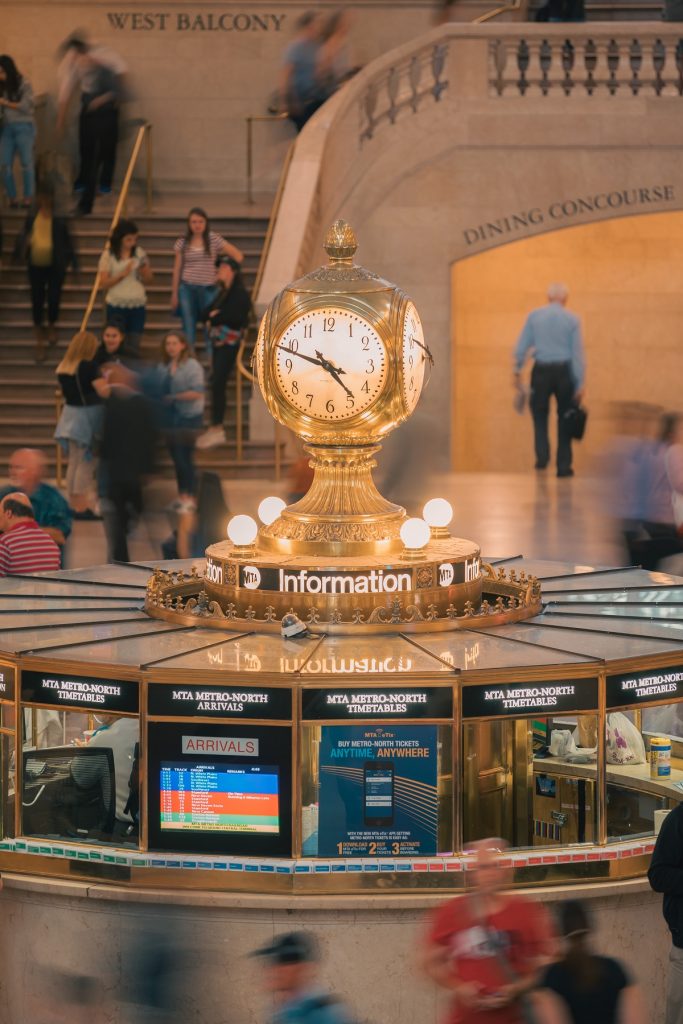
The bustling main Terminal
Don’t miss the elegant marble staircases inspired by the Paris Opera House. One staircase leads to Michael Jordan’s Steakhouse, while the other, added in 2000, is home to the Apple Store. With 68 shops and eateries—including the popular Grand Central Market and the NY Transit Museum store—there’s plenty to see, shop, and sample.
Continue toward the famous Oyster Bar Restaurant, which has been serving up fresh seafood since Grand Central Terminal opened. Just outside, you’ll find the Whispering Gallery—one of NYC’s best-kept secrets. Stand in one corner and whisper, and your voice will travel clearly to the opposite side, thanks to the gallery’s unique acoustics.
Head to the Lower Level Dining Concourse to discover some of New York’s best casual eateries and a perfect spot to relax and recharge. Need a restroom? You’ll find them at either end of the concourse.
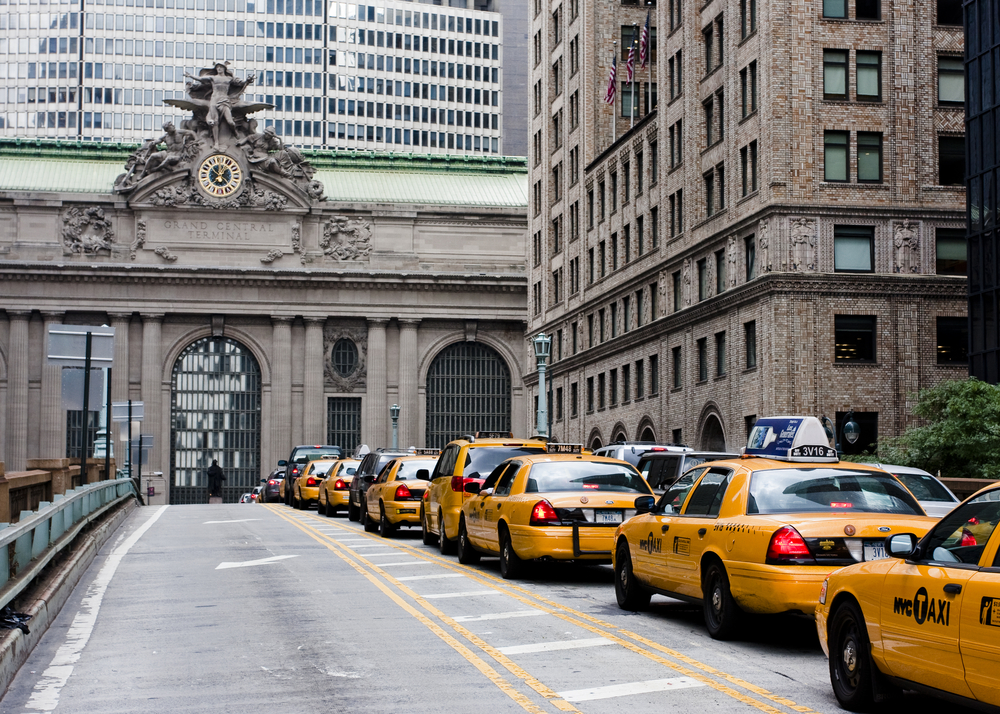
Have you visited Grand Central Terminal? What was your favorite part? Share your stories in the comments below! And don’t forget—if you want to make the most of your visit, book your Grand Central Terminal Tour with us today!
